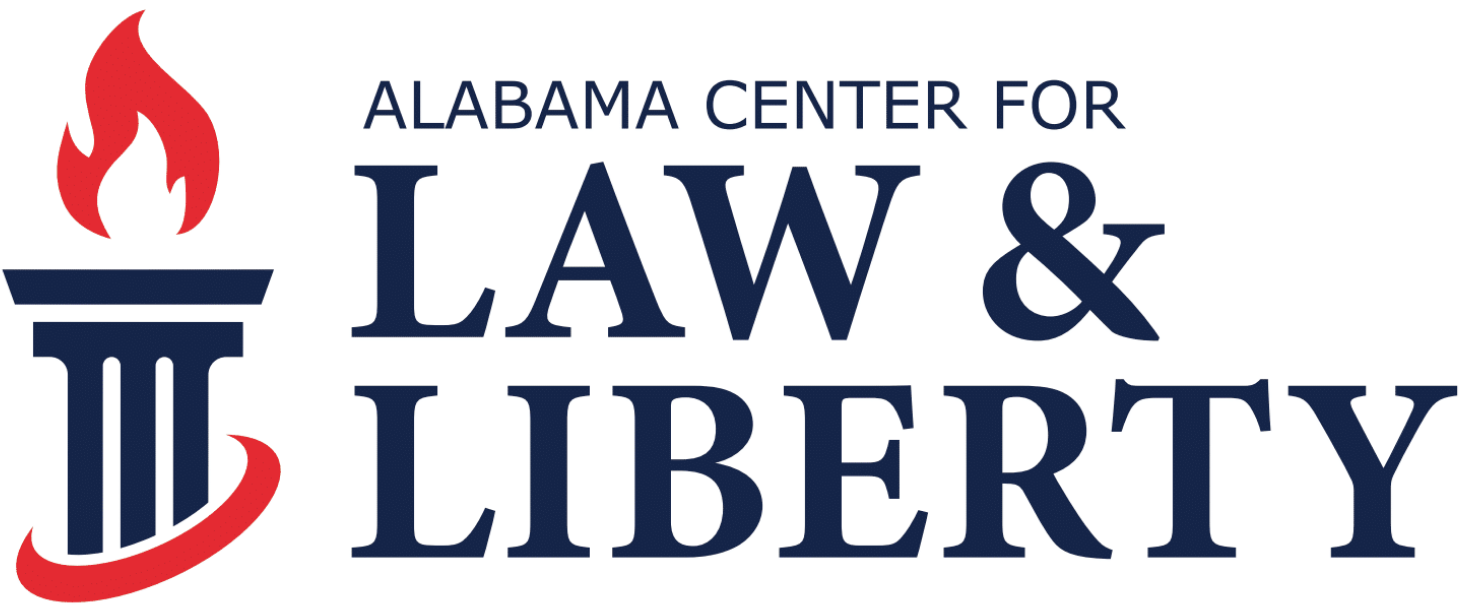Eknes-Tucker
v.
Ivey
ACLL Role:
Case Start Date:
Deciding Court:
Original Court:
Practice Area(s):
Amicus
April 19, 2022
U.S. Court of Appeals for the
Eleventh Circuit
Jefferson County Circuit Court
Strong Families
CASE SNAPSHOT
In 2022, the Alabama Legislature passed the Vulnerable Child Compassion and Protection Act, which prohibited physicians from giving children cross-sex hormones, puberty blockers, and sex reassignment surgeries in an effort to change a child’s sex. The State was sued, and the district court enjoined the State from forbidding hormones and puberty blockers. The district court reasoned that the law violated parental rights and the Constitution’s Equal Protection Clause. The State appealed to the Eleventh Circuit, and ACLL filed an amicus brief analyzing those two issues through a historical analysis.
STATUS
ACLL joined a friend-of-the-court brief at the Eleventh Circuit on July 5, 2022.
FOR THE MEDIA

CASE SUMMARY
Background
In 2022, the Alabama Legislature passed the Vulnerable Child Compassion and Protection Act (“VCAP”). In an age where there’s no gender-confusion train that the Left won’t ride, Alabama’s children were at risk for being subjected to medical procedures that would have had permanent effects that they could not undo later. Studies have shown that minors struggling with gender dysphoria typically grow out of it by the time adolescence concludes. However, the Left has been pushing the narrative that such children need to be given puberty blockers, cross-sex hormones, and even sex-altering surgeries to affirm their gender identity. These procedures will permanently scar children who come to realize later that they made a mistake.
Immediately, the ACLU and others sued to block the law from going into effect. VCAP prevented doctors from doing three things: (1) giving children sex-altering surgeries, (2) giving children puberty blockers, and (3) giving children cross-sex hormones. When the ACLU sued to block the law, the judge let the first part of the law go into effect but blocked the other two. The judge reasoned that (1) decisions like this should ordinarily be left up to parents, and (2) the law appeared to violate the Equal Protection Clause as applied to transgender people. The State appealed, and ACLL filed a brief in its support.
The Historic Understanding of Parental Rights
In 1923, the U.S. Supreme Court held that the Fourteenth Amendment protected the parental rights that were recognized at common law. Thus, the historic, common-law understanding of what parental rights were dictates the scope of parental rights that should be recognized here.
Sir William Blackstone, whose Commentaries on the Laws of England have been recognized by the U.S. Supreme Court as the gold standard for evaluating the common law, recognized three types of parental authority: provision, protection, and education. The great American legal scholars of the nineteenth century, including Chancellor Kent and Thomas Cooley, did not see any difference between England and America in this regard. Because Blackstone did not recognize anything close to the right of a parent to change his or her child’s sex, the Fourteenth Amendment does not grant parents the right to do that to their children.
If there was any doubt about the scope of the common law, Blackstone and others all recognized that parental rights came from God, not the state. Thus, if the key to understanding the scope of parental rights is history, and if God-given rights are part of the historical analysis, then God-given rights are part of the constitutional rights of parents. Both nature and Scripture teach that there are two sexes: male and female. Thus, the Fourteenth Amendment cannot be interpreted to confer a right on parents that violates such a fundamental law of nature.
Equal Protection and Gender Identity
The other claim is that VCAP violates the Fourteenth Amendment’s guarantee of equal protection of the laws. When Congress passed the Fourteenth Amendment after the Civil War, its framers intended to take the principles of equality under God stated in the Declaration of Independence to its logical conclusion. Thus, as an original matter, the Equal Protection Clause was never meant to apply in a way that protects one’s right to change their sex, since God never gave us the ability to do that to begin with.
Beginning in 2011, the Eleventh Circuit began interpreting the Equal Protection Clause to protect one’s right to hold oneself out as the opposite sex. Respectfully, we think that decision was incorrect. Nevertheless, the Eleventh Circuit always held that this right was behavior-based, not status-based. That means that in many ways, while people have the right to present themselves as the opposite sex, they do not have the right to become the opposite sex (e.g. through sex-reassignment surgeries and the like). ACLL pointed out this distinction in its brief and urged the Eleventh Circuit to reject Plaintiffs’ attempts to stretch the Equal Protection Clause even further beyond what it means.
Importance to Strong Families
There are two sexes: male and female. This is biology, not bigotry. While gender dysphoria is certainly something that plagues many people and should be treated, the solution is not to mutilate children’s bodies in pursuit of the notion that they can actually change their sexes. Families thrive when individuals know their sexes, embrace the reality, and go on to fulfill their God-given potential.
Alabama Center for Law & Liberty 2213 Morris Ave, Floor 1 Birmingham, AL 35203 256-530-0519
The Alabama Center for Law and Liberty is Christian non-profit law firm.
©Alabama Center for Law & Liberty. All rights reserved.
